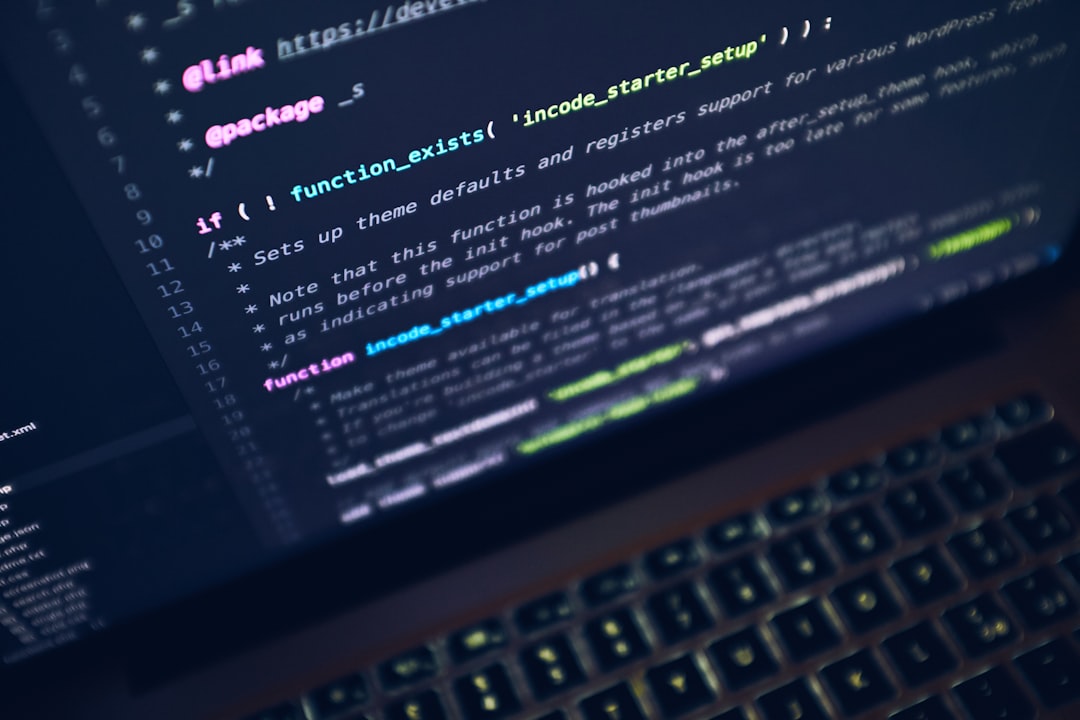
Revolutionizing Industries: Exploring the Breakthrough Applications of Artificial Intelligence
Artificial Intelligence (AI) is no longer just a concept confined to science fiction; it has become an integral part of our daily lives, revolutionizing various industries. From healthcare to finance, AI applications are transforming how businesses operate, enhancing efficiency, and providing valuable insights that drive innovation. This article delves into the breakthrough applications of AI across different sectors and highlights key developments, emerging trends, and real-world case studies.
The Impact of AI in Healthcare
AI is making significant strides in the healthcare industry, enabling improved patient outcomes and streamlined operations. One of the most notable applications is in diagnostic imaging. AI algorithms can analyze medical images with remarkable accuracy, identifying conditions such as tumors or fractures faster than human radiologists. A study published in the journal Nature demonstrated that AI could outperform human experts in detecting breast cancer from mammograms.
Moreover, AI-powered chatbots are enhancing patient engagement by providing immediate responses to inquiries, scheduling appointments, and offering reminders for medication. This not only saves time for healthcare providers but also improves patient satisfaction.
Case Study: IBM Watson Health
IBM Watson Health exemplifies how AI can transform healthcare. By leveraging machine learning and natural language processing, Watson can analyze vast amounts of medical literature and patient data to assist physicians in making informed decisions. This AI system has been particularly effective in oncology, where it helps identify personalized treatment options based on a patient’s unique genetic makeup.
AI in Finance: Redefining Risk Management
The financial sector is another area where AI is making waves. Financial institutions are utilizing AI for fraud detection, risk assessment, and customer service. Machine learning algorithms can analyze transaction patterns in real-time, flagging unusual activities that may indicate fraud. This proactive approach not only protects consumers but also saves banks significant amounts in potential losses.
Additionally, robo-advisors powered by AI are transforming investment management. These algorithms can assess an individual’s financial situation and goals, providing personalized investment advice with minimal human intervention.
Expert Opinion: The Future of AI in Finance
According to Dr. David H. Solomon, a prominent economist, “AI is poised to redefine the financial landscape. It allows for more accurate predictions and insights, enabling institutions to manage risks more effectively.”
Retail Revolution: Enhancing Customer Experience
In the retail industry, AI is reshaping the customer experience by providing tailored shopping solutions. AI algorithms analyze customer data to offer personalized product recommendations, enhancing sales and customer satisfaction. Retail giants like Amazon use AI to power their recommendation engines, suggesting products based on browsing and purchase history.
Furthermore, AI is optimizing inventory management. By predicting demand patterns, retailers can reduce waste and improve supply chain efficiency. This not only leads to cost savings but also ensures that customers find the products they want when they want them.
Case Study: Sephora’s Virtual Artist
Sephora’s Virtual Artist app showcases the power of AI in retail. This augmented reality tool allows customers to virtually try on makeup products using their smartphone cameras, providing a unique and interactive shopping experience. The app uses AI to analyze facial features and recommend suitable products, significantly enhancing customer engagement.
Manufacturing: Smart Production with AI
AI is also revolutionizing the manufacturing industry through predictive maintenance, quality control, and automation. By analyzing sensor data from machinery, AI can predict equipment failures before they occur, enabling manufacturers to perform maintenance at optimal times, thus minimizing downtime.
Moreover, AI-powered robots are increasingly being used in assembly lines to perform repetitive tasks with precision and speed. This not only enhances productivity but also allows human workers to focus on more complex tasks that require creativity and problem-solving skills.
Emerging Trend: Industry 4.0
The concept of Industry 4.0 represents the digital transformation of manufacturing, where AI plays a central role. By integrating IoT devices, big data analytics, and AI, manufacturers can create smart factories that optimize operations and drive innovation.
Transportation: AI-Driven Innovations
The transportation sector is experiencing a paradigm shift with the emergence of autonomous vehicles. AI technologies are at the heart of self-driving cars, enabling them to navigate complex environments and make real-time decisions. Companies like Waymo and Tesla are leading the charge in developing AI systems that ensure safety and efficiency on the roads.
Additionally, AI is enhancing logistics and supply chain management. Predictive analytics can forecast demand, optimize routing, and reduce operational costs, leading to faster and more reliable delivery services.
Conclusion: The Future of AI Across Industries
The applications of artificial intelligence are vast and varied, with the potential to revolutionize every industry. As technology continues to advance, we can expect even more innovative solutions that enhance productivity, improve customer experiences, and drive economic growth.
For those looking to explore further, consider reading about the following topics:
- The Future of AI in Healthcare
- How AI is Changing the Financial Services Landscape
- The Role of AI in Retail
To stay updated on the latest trends in AI and its applications across various sectors, subscribing to our newsletter can provide you with valuable insights and resources.
Glossary of Terms
- Artificial Intelligence (AI): The simulation of human intelligence processes by machines, particularly computer systems.
- Machine Learning (ML): A subset of AI that enables systems to learn from data and improve their performance over time without being explicitly programmed.
- Natural Language Processing (NLP): A branch of AI that focuses on the interaction between computers and humans through natural language.
As we continue to explore the potential of AI, it is essential to keep an eye on emerging trends and technologies that can further enhance our industries and daily lives. Engaging with these advancements not only fosters innovation but also prepares us for the future.


